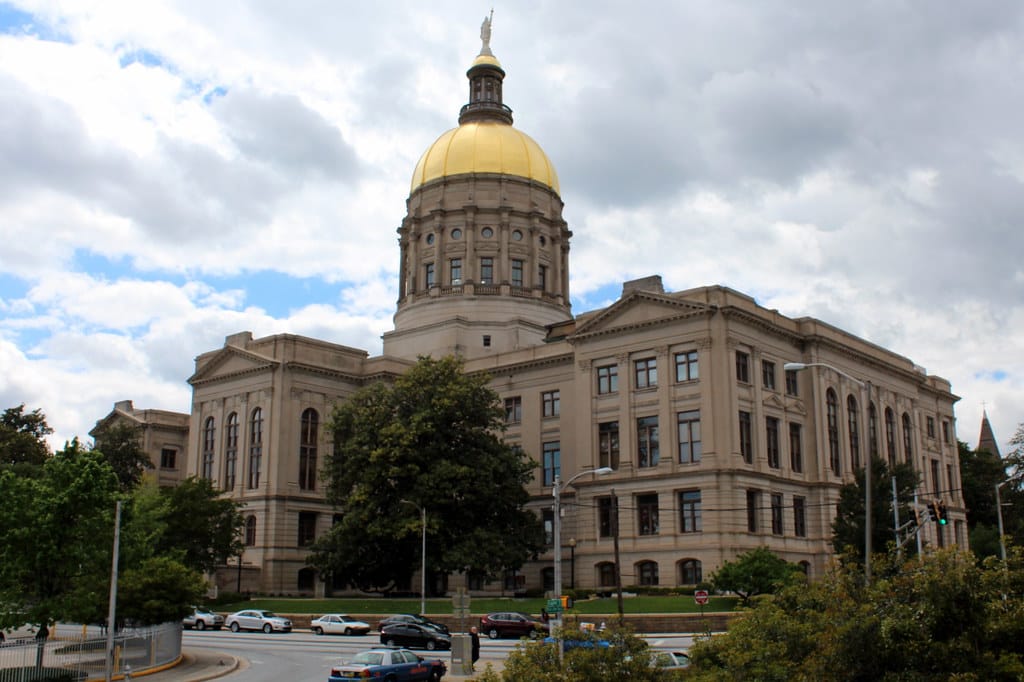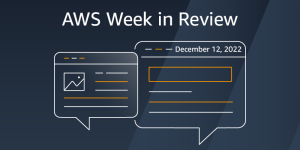
BEAD
The measure now heads to the Georgia Senate, passing the House by a vote of 162-1.

 Photo of Georgia State Capitol used with permission.
Photo of Georgia State Capitol used with permission.
WASHINGTON, February 14, 2024 – The Georgia House passed a measure Tuesday that would exempt certain federal grants for broadband investment from state income taxes, passing by a vote of 162-1.
If enacted, the legislation would waive state income taxes on any grant acquired through the Broadband, Equity, Access and Deployment program or the American Rescue Plan Act, retroactively effective from January 2022. The bill must now pass through the state Senate.
In lieu of federal intervention, the latest Georgia bill, HB 814, sponsored by Representative Beth Camp, R-District-135, and Representative Noel Williams, R-District-148, aims to help BEAD and ARPA subgrantees hold onto more of the money they receive for broadband deployments. It is estimated that upwards of 21 percent of new grants will be paid directly back to federal and state governments in the form of taxation, which may complicate project financing.
Since the IRS lost its authority to make federal broadband grants non-taxable in 2018 with the Trump Tax Cuts and Jobs Act, there has been a push to reinstate this exemption on the federal level from large and small providers, industry groups, government and public interest groups, alike.
Legislation that would amend the Internal Revenue Code to ensure that funding for broadband deployment from BEAD and ARPA would not be considered taxable income was introduced during the 118th Congress, but that act, the Broadband Grant Tax Treatment Act, largely failed to gain traction.
“Taxing grants for broadband expansion only reduces their impact and penalizes providers who are working to close the digital divide,” said Senator Roger Wicker, R-Mississippi, a co-sponsor of the Broadband Grant Tax Treatment Act, in a statement.
Ironically, some Republican senators who supported the Trump tax cuts also sponsored the latest version of the federal bill, including bill sponsor Senator Jerry Moran, R-Kansas, and co-sponsor Senator Wicker, reports Community Networks.
The federal bill has yet to be reintroduced this session, despite continued efforts, including from industry groups INCOMPAS, WISPA, and NTCA, who wrote to Senate Finance Committee and House Ways and Means Committee leaders last month, urging them to include a provision in any upcoming tax package that would mark federal broadband grants as non-taxable.
Telecom industry experts have argued that taxing federal broadband grants would be contrary to the objectives of ARPA and BEAD and would hamstring national efforts to deploy vitally needed broadband infrastructure.

